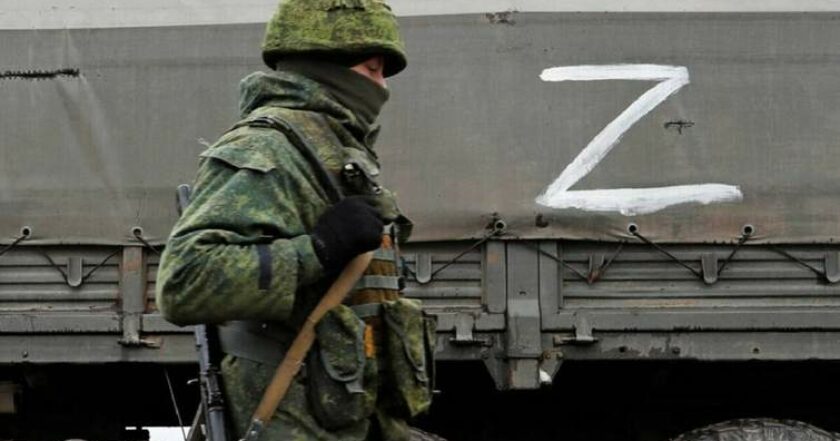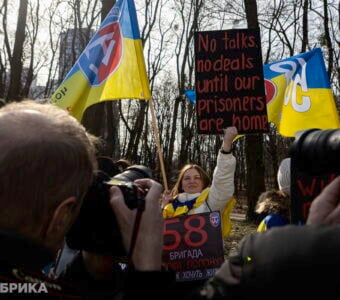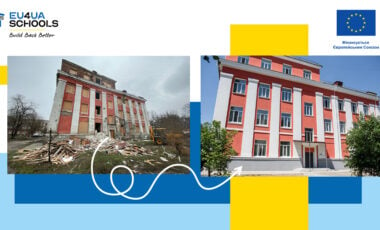Russia's elite push for increased military activity in Ukraine, rejecting diplomatic dialogue – ISW

High-ranking security forces and military personnel of the Russian Federation are in favor of escalating military operations in Ukraine, rejecting the possibility of negotiations.
The Institute for the Study of War (ISW) reported that.
ISW experts note that Russian security forces consider it necessary to intensify military operations in Ukraine and not to seek a negotiated solution to the war.
The Russians admit that their troops are not achieving significant territorial gains proportional to human resources and equipment losses.
Despite this, the Russian military command continues to suffer significant personnel losses in exchange for tactical but not operational achievements.
"Average daily Russian advances slowed by roughly nine square kilometers in December 2024 after three straight months of increasing territorial gains and personnel losses in September, October, and November 2024.
However, the Russian military command may be less willing than Putin to incur such high casualty rates if Russian forces' rate of advance continues to slow," the ISW report says.
Despite this, Russian security services and military officials are not ready to end the war because of these losses. Instead, they are urging the Russian dictator to increase the military effort, proposing partial calls to the reserve to fill the battlefield with human resources and equipment.
Key takeaways:
- Ukraine's Western partners reiterated their support for Ukraine and their commitment to developing Ukraine's defense industrial base (DIB) at the Ukraine Defense Contact Group at Ramstein Air Base in Germany on January 9.
- Ukraine's Western partners announced additional military aid packages at Ramstein Air Base on January 9.
- Russian elites and high-ranking security officials are reportedly frustrated with Russian President Vladimir Putin's efforts to wage a full-scale war in Ukraine with half measures. They are increasingly concerned about Putin's timeline for ending the war.
- High-ranking Russian security officials appear to be assessing that Russia needs to intensify its war in Ukraine rather than seek an exit via negotiations.
- Russian elites' reported diagnosis of the main problem with Russia's conduct of the war is inaccurate, as Russia's failure to restore maneuver to the battlefield — not a shortage of manpower — is the main factor causing Russia's relatively slow rate of advance.
- Meduza's report indicates that Russia's security elite — like Putin himself — is uninterested in a negotiated and peaceful resolution to the war shortly.
- A Russian opposition investigative outlet reported that Russian authorities have turned a pretrial detention center (SIZO) in Taganrog, Voronezh region, into a torture center for Ukrainian prisoners of war (POWs) and imprisoned Ukrainian civilians.
- The UN condemned the recent surge in Russian executions of Ukrainian POWs.
- The Armenian government approved a draft law on January 9, beginning Armenia's accession process into the EU.
- Russian forces recently advanced near Borova, Pokrovsk, and the Kursk region.
- Ukrainian forces recently advanced near Sudzha.
- Russian officials continue to indicate that the Kremlin intends to further militarize the Russian government and Russian society in the long term.
According to reports, the recently elected President of the United States, Donald Trump, announced plans for a meeting with the Kremlin leader, Vladimir Putin. However, he did not provide a specific date for the talks.
The Kremlin has not yet commented on Trump's statement. However, Putin's press secretary, Dmitry Peskov, told reporters the day before that if Trump maintains his intention to contact the Russian ruler after the inauguration on January 20, Moscow would welcome it.



















































